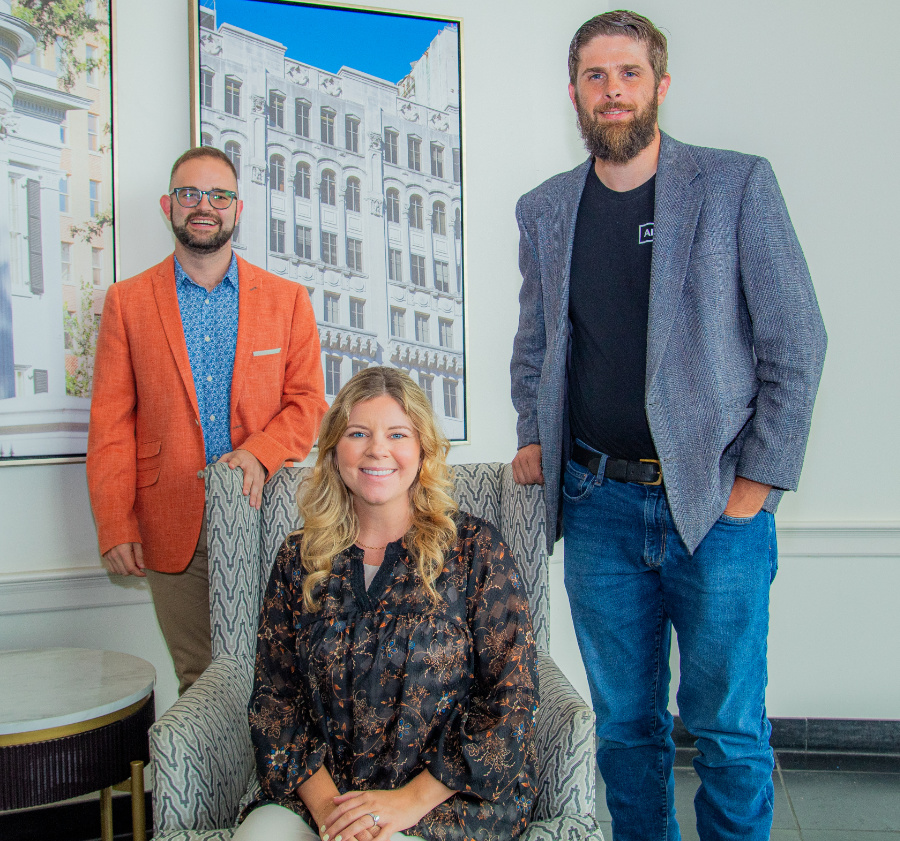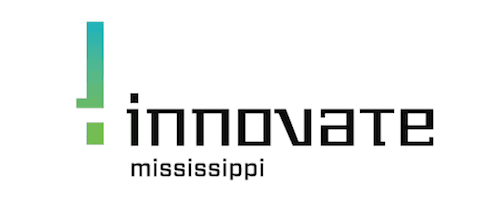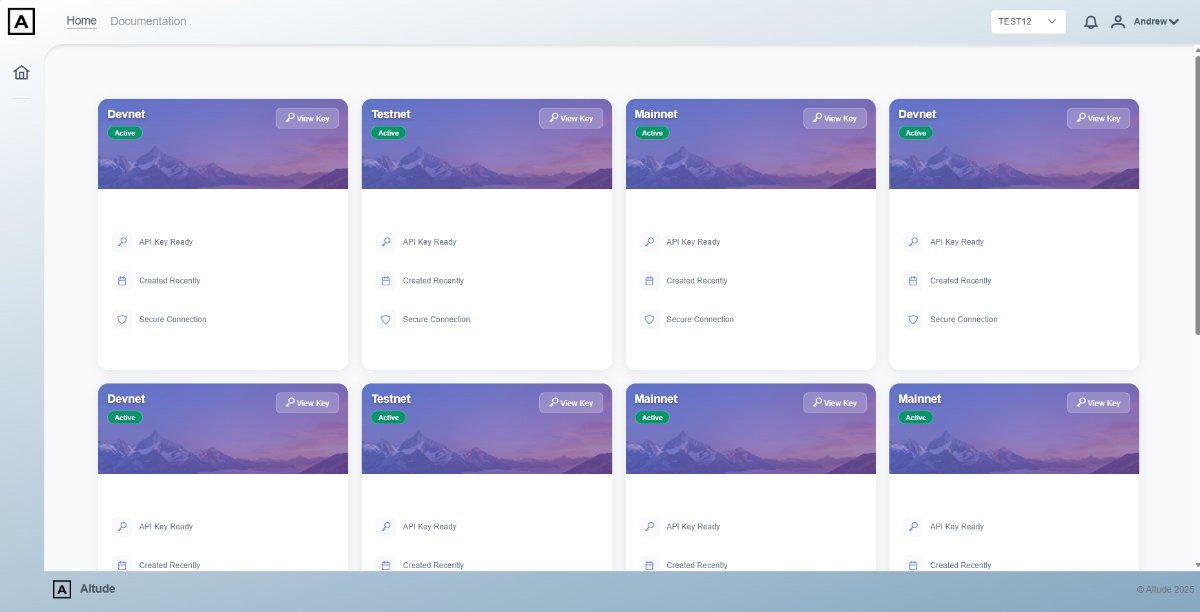When Marine Corps veteran and software engineer Andrew Mocol first encountered blockchain technology more than a decade ago, it wasn’t as a speculator—it was as a builder searching for better systems. Through years of hands-on development with early blockchain applications, he saw a clear divide: blockchain had the power to redefine ownership on the internet, but the user experience was unusable for everyday people.
“It’s easy to build normal applications,” Mocol says. “It’s hard to build blockchain applications because the layers are fragmented and the user experience is terrible.” He founded Altude to change that—by building a new kind of infrastructure platform that makes digital ownership seamless, invisible, and accessible to everyone.
Mocol’s work in blockchain deepened during the early days of Solana, when its founder, Anatoly Yakovenko, was introducing the technology to small groups of developers. Yakovenko engineered Solana for “internet-scale” performance, which immediately set it apart from other blockchains.

“Solana had solved the performance problem,” Mocol said. “But it was still bare bones. There were no tools, no user experience, nothing a business could actually deploy.”
Rather than launching another consumer-facing crypto company, Mocol designed Altude as the backend infrastructure that allows any application to embed digital ownership directly into its user experience. Users can hold and interact with assets such as tokens, stablecoins, or digital collectibles directly inside an app—without the complexity of wallets, private keys, and network fees. In the same way Stripe transformed online payments, Altude is transforming blockchain by making it invisible to the end user and effortless for developers.
Altude’s early adopters are building payment tools and wallets, but Mocol believes that’s just the beginning. He sees digital ownership as a foundational shift that will power applications in healthcare, data privacy, digital rights, and beyond—where users don’t just access services, they own the value they create. “If you’re a patient sharing medical data for research, you should receive a portion every time [a company uses] that data,” he said. “That kind of empowerment is what blockchain was meant to enable—but it only becomes possible when the user experience is simple enough for anyone to access it.”
Mocol predicts that the market for blockchain transaction infrastructure will exceed $1 trillion annually by 2030, and the companies that control the user-experience layer will determine who captures that value. Altude is positioning itself to be that layer—built in Mississippi, designed for global scale. CoBuilders invited Altude to its 2025 accelerator cohort after a successful pitch competition sponsored by partner organization Startup Gulf Coast.
“Altude represents exactly the kind of future-focused innovation we’re championing across the Mississippi Gulf Coast. Seeing a company like this—building next-generation blockchain infrastructure—take root here speaks volumes about the entrepreneurial momentum building in our region,” said Alexa Cutrer, executive director of StartUp Gulf Coast.
As the company prepares to raise a $200,000 friends-and-family round during this year’s Accelerate Conference, Altude is hoping Mississippi investors and leaders will participate in what could be a transformative technology story in the state’s history. “We’re not chasing speculative crypto trends,” Mocol says. “This is about ownership, autonomy, and bringing economic opportunity home to Mississippi.”
With the future of digital ownership poised to reshape global commerce, Altude aims to ensure that Mississippi plays a leading role in shaping that future.
Watch Andrew Mocol live on stage at the 2025 Accelerate Conference! Get your tickets now at accelerate.innovate.ms.

